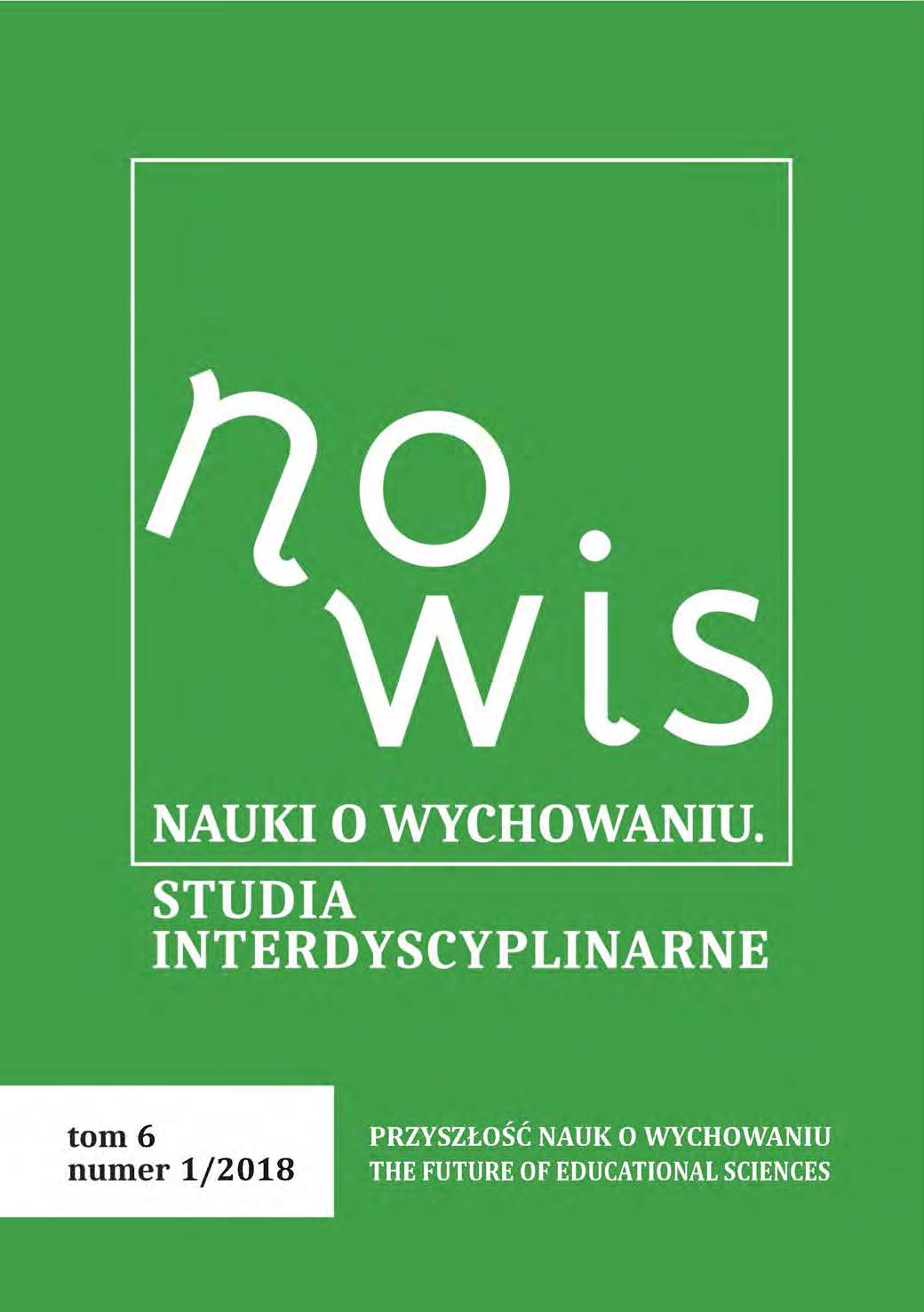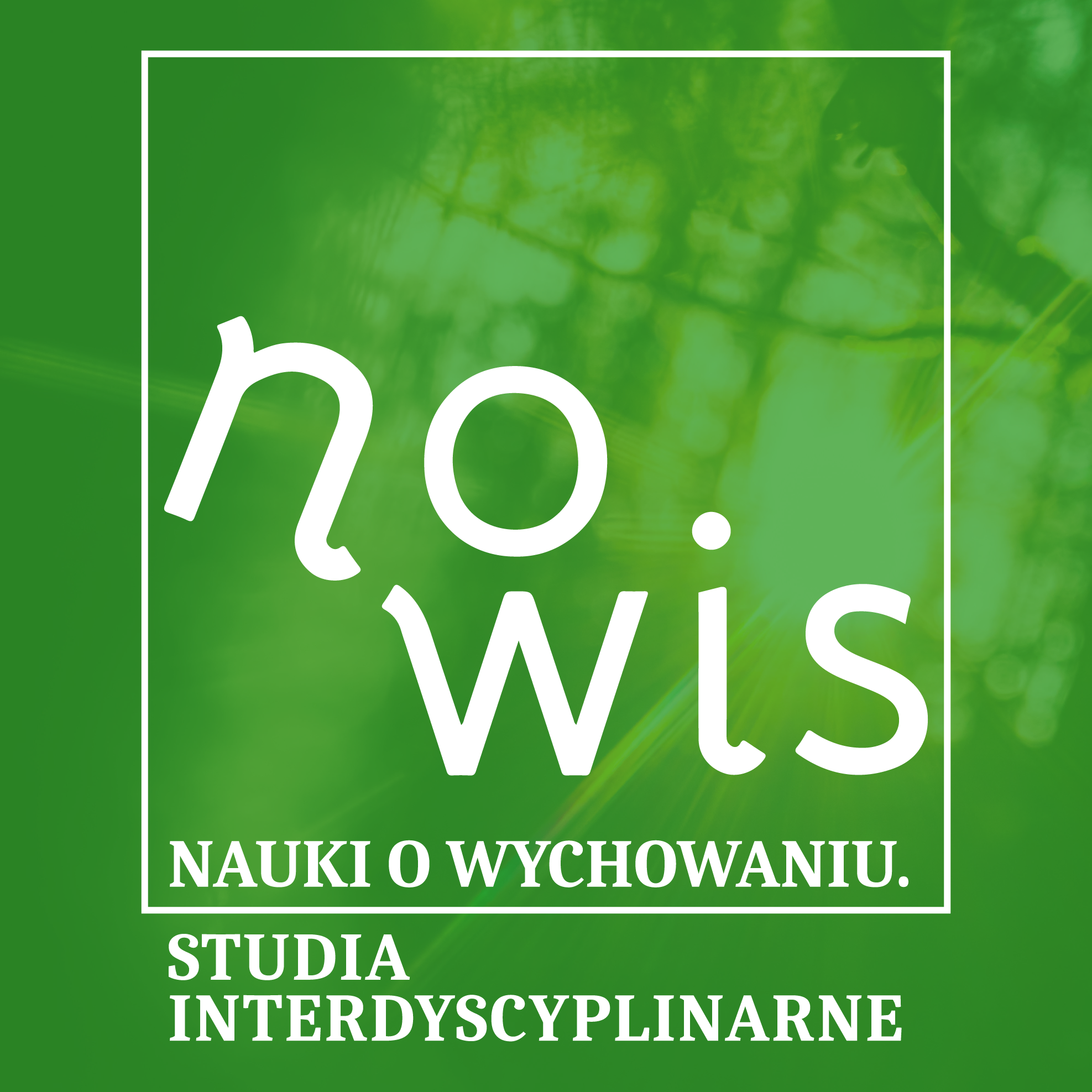Collaborative professional development and curriculum implementation: insights from program evaluation
DOI :
https://doi.org/10.18778/2450-4491.06.11Mots-clés :
collaboration, professional development, coaching, curriculumRésumé
In its recent Communication, the European Commission calls for greater use of collaborative professional development for teachers in member states (European Commission 2017a). Although peer collaboration is gaining ground, it has not yet become the norm across Europe. Undoubtedly, different kinds of continuing professional development (CPD) are more conducive than others for being collaborative. However, if the intention is to develop teacher collaboration in their routine work, then it makes sense that, where appropriate, the CPD provided should also be collaborative. A form of CPD that is relevant for all countries is the kind offered by external coaches visiting schools to support curriculum reform. This article examines the lessons that can be learned from an evaluation of such a national program of CPD in Ireland. While there were various organizational issues that impeded the nature and extent of teacher collaboration in the CPD, it is argued that the external coach played an important role in creating the conditions for collaborative practices among the teachers later on, including peer coaching. This can then support the cultivation of a culture of ‘collaborative professionalism’ in schools, as opposed to simply ‘professional collaboration’ (Hargreaves, O’Connor 2017).
Références
Casey K. (2006) Literacy coaching: the essentials, Portsmouth, New Hampshire, Heinemann.
View in Google Scholar
Darling-Hammond L. (2017) Teacher Education around the World: What Can We Learn from International Practice?, “European Journal of Teacher Education”, 40 (3):291–309.
View in Google Scholar
Darling-Hammond L., McLaughlin M. W. (1995) Policies that support professional development in an era of reform, “Phi Delta Kappan”, 76 (8): 597–604.
View in Google Scholar
de Paor C. (2015) The use of demonstration lessons to support curriculum implementation: invitation or intrusion?, “Professional Development in Education”, 41 (1): 96–108.
View in Google Scholar
Guskey T. (2002) Does it make a difference? Evaluating professional development, “Educational Leadership”, 59 (6): 9–27.
View in Google Scholar
Ingvarson L., Meiers M., Beavis A. (2005) Factors affecting the impact of professional development programs on teachers’ knowledge, practice, student outcomes and efficacy,“Education Policy Analysis Archives”, 13 (10): 1–28.
View in Google Scholar
Johnston K., Murchan D., Loxley A., Fitzgerald H., Quinn M. (2007) The role and impact of the Regional Curriculum Support Service in Irish primary education, “Irish Educational Studies”, 26 (3): 219–238.
View in Google Scholar
Joyce B., Showers B. (1988) Student Achievement Through Staff Development, Longman New York.
View in Google Scholar
Joyce B., Calhoun E., Hopkins D. (1999) The new structure of school improvement, Open University Press, Buckingham.
View in Google Scholar
Lortie D. (1975) Schoolteacher, University of Chicago Press, Chicago.
View in Google Scholar
McKenna M. C., Walpole S. (2008) The literacy coaching challenge: Models and methods for grades K-8, Guilford, New York.
View in Google Scholar
OECD (2005) Teachers Matter Attracting, developing and retaining effective teachers, OECD, Paris.
View in Google Scholar
OECD (2014) TALIS 2013 Results: An International Perspective on Teaching and Learning, OECD Publishing, Paris, http://dx.doi.org/10.1787/9789264196261-en
View in Google Scholar
Ó Murchú F. (2009) Team teaching: supporting student and teacher learning in postprimary classrooms, “Learn”, 31: 88–106.
View in Google Scholar
Rhodes C., Beneicke S. (2002) Coaching, Mentoring and Peer-networking: challenges for the management of teacher professional development in schools, “Journal of Inservice Education”, 28 (2) : 297–309.
View in Google Scholar
Schwille J., Dembélé, M., Schubert J. (2007) Global perspectives on teacher learning: improving policy and practice, Paris, UNESCO.
View in Google Scholar
Villegas-Reimers V. (2003) Teacher Professional Development: an international review of the literature, Paris, UNESCO.
View in Google Scholar
Zwart R., Wubbels T., Bergen T., Bolhuis S. (2007) Experienced teacher learning within the context of reciprocal peer coaching, “Teachers and Teaching: theory and practice”, 13 (2): 165–187.
View in Google Scholar
Cordingley P., Bell. M., Rundell B., Evans D. (2003) The impact of collaborative CPD on classroom teaching and learning. London, EPPI-Centre, Social Science Research Unit, Institute of Education, http://eppi.ioe.ac.uk/cms/LinkClick.aspx?fileticket=zKuM1BPck20%3D&tabid=135&mid=761 [22.02.2018].
View in Google Scholar
Cordingley P., Bell M., Thomason S., Firth A. (2005) The impact of collaborative CPD on classroom teaching and learning. Review, How do collaborative and sustained CPD and sustained but not collaborative CPD affect teaching and learning?, London, EPPI-Centre, Social Science Research Unit, Institute of Education, University of London,http://eppi.ioe.ac.uk/cms/Default.aspx?tabid=136 [22.02.2018].
View in Google Scholar
DES (2016) School Self-evaluation Guidelines 2016–2020, Primary, Dublin, Department of Education and Skills,
View in Google Scholar
https://www.education.ie/en/Publications/Inspection-Reports-Publications/Evaluation-Reports-Guidelines/School-Self-Evaluation-Guidelines- 2016-2020 - Primary.pdf [22.02.2018].
View in Google Scholar
DES (2007) A Value for Money Assessment of Programs managed by the Teacher Education Section, Dublin, Department of Education & Science, https://www.education.ie/en/Publications/Value-For-Money-Reviews/vfm_review_tes_programs.pdf [22.02.2018].
View in Google Scholar
Earley P., Porritt V. (2010) Effective Practices in Continuing Professional Development, London, Institute of Education, University of London.
View in Google Scholar
European Commission (2017a) School development and excellent teaching for a great start in life, Communication from the Commission to the European Parliament, the Council, the European Economic and Social Committee and the Committee of the Regions, http://eur-lex.europa.eu/legal-content/EN/TXT/PDF/?uri=CELEX:52017DC0248&from=EN [22.02.2018].
View in Google Scholar
European Commission/EACEA/Eurydice (2017b) The Organisation of School Time in Europe. Primary and General Secondary Education – 2017/18, Eurydice Facts and Figures, Luxembourg, Publications Office of the European Union, https://www.education.ie/en/The-Education-System/International/Eurydice/the-organisation-of-school-time-in-europe-2017-18.pdf [22.02.2018].
View in Google Scholar
Hargreaves A., O’Connor M. (2017) Collaborative Professionalism, https://www.wiseqatar.org/sites/default/files/rr.12.2017_boston.pdf [22.02.2018].
View in Google Scholar
PDST (2017) Aim and mission statement, Professional Development Service for Teachers (PDST), http://www.pdst.ie/about_us [22.02.2018].
View in Google Scholar
Paor de C. (2016) The impact of school-based continuing professional development: views of teachers and support professionals, “Journal of Irish Educational Studies”, vol. 35, no. 3: 289–306, http://www-tandfonline-com.libraryproxy.mic.ul.ie/doi/full/10.1080/03323315.2016.1192482 [22.02.2018].
View in Google Scholar
Téléchargements
Publiée
Comment citer
Numéro
Rubrique
Licence

Ce travail est disponible sous licence Creative Commons Attribution - Pas d'Utilisation Commerciale - Pas de Modification 4.0 International.





 Le site web de la revue, hébergé par l'équipe éditoriale de NOWIS se trouve sur la plate-forme Index Copernicus:
Le site web de la revue, hébergé par l'équipe éditoriale de NOWIS se trouve sur la plate-forme Index Copernicus: 





